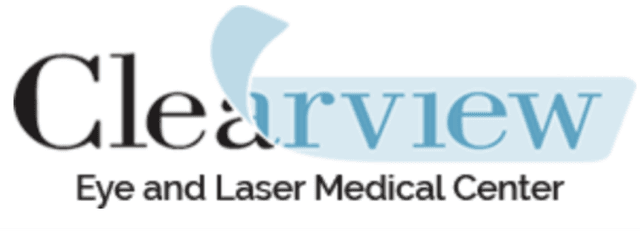
When it comes to eye diseases like glaucoma, cataracts and macular degeneration, no one is completely safe.
But depending on your age, overall health, lifestyle and genetic structure, you might be at more risk of contracting one of these diseases than you realize. According to one of the nation’s premier ophthalmologists, studies conducted by the American Academy of Ophthalmology and others prove that these diseases are more prevalent in certain groups of people sharing the same characteristics.
“Age, family history, race and ethnicity play an important role for all of these diseases,” says Sandy T. Feldman, MD, the Medical Director of Clearview Eye & Laser Medical Center in San Diego. “Just being over 50, of African American or Hispanic descent, and having family members who have been diagnosed with glaucoma puts you at more risk than most for that disease.”
“With glaucoma, for example, people are also at a higher risk if they have high internal eye pressure, are farsighted or nearsighted, have had an eye injury or surgery or take corticosteroid medications,” says Feldman. “The more of those factors that apply to you the greater your risk.”
For cataracts, there are a few other factors in addition to age, ethnicity and family history that can put you at extra risk.
“People who get cataracts tend to be overweight, use tobacco products, drink excessively and have medical conditions like diabetes,” says Feldman. “In addition, people who have spent a lot of time in the sun - especially without sunglasses for protection against UV rays - are much more prone to developing cataracts.”
What about macular degeneration?
According to Dr. Feldman, “People who develop macular degeneration (AMD) share many of the same risk factors as those who develop cataracts or glaucoma. You’re also at a greater risk for AMD if you’re Caucasian, suffer from high blood pressure and eat a diet high in cholesterol.”
One other eye disease, diabetic retinopathy, has its own group of high-risk people, says Feldman, and that is diabetics. “The longer you have had diabetes, the greater the risk of developing diabetic retinopathy. You further increase your risk if you don’t control your blood sugar levels or if you smoke, eat a high-cholesterol diet and have high blood pressure.”
What to do if several of the risk factors for these diseases apply to you? Feldman has some advice.
“Talk to your eye doctor about being in the higher risk group,” she says. “The more he or she knows about you, your family history and your lifestyle, the greater the likelihood that these diseases can by spotted as early as possible.
“And remember: Regardless of your age or genetics, there is still much you can do for yourself - like adopting a healthier lifestyle, losing weight or quitting tobacco use - to help prevent these diseases. That’s not only good for your eyes, but good for your entire well-being, too.”
Sandy T. Feldman, MD is the Medical Director of Clearview Eye & Laser Medical Center - voted best LASIK center in San Diego by the San Diego Union Tribune 2016/2017 and CityBeat Magazine for the second year in a row. She has successfully performed more than 20,000 refractive procedures. Her numerous awards include “Top Doc San Diego” and the Goldline Award, an honor granted to only 10 laser eye care providers in the U.S. each year, and she has been profiled in Forbes, Newsweek, and other respected publications. Dr. Feldman is a fellow of the prestigious American College of Ophthalmic Surgeons, as well as a member of the American Academy of Ophthalmology and the American Society of Cataract and Refractive Surgery. For more information, please visit clearvieweyes.com.

Call Us: (858) 452-3937
8:30AM - 7:00 PM - Monday through Saturday (Saturday until 11:30AM)